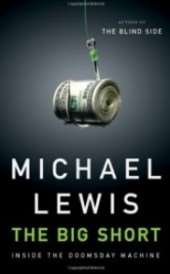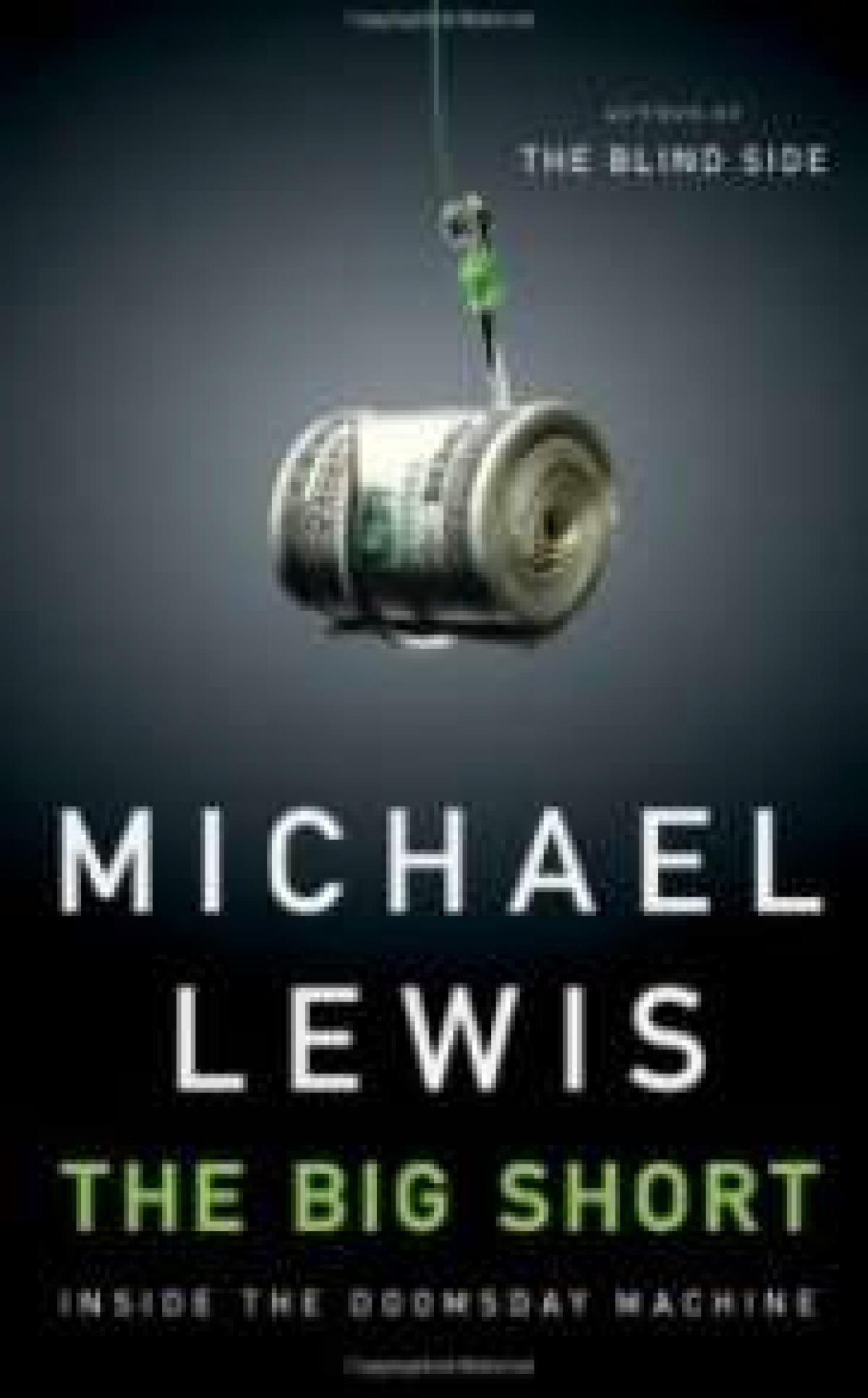 The Big Short, Michael Lewis’ idiosyncratic take on the derivatives/financial crises of 2007-08, always read as if it were an elaborate treatment for a movie.
The Big Short, Michael Lewis’ idiosyncratic take on the derivatives/financial crises of 2007-08, always read as if it were an elaborate treatment for a movie.
In reviewing the book for AllAboutAlpha, Steve Deutsch observed that Lewis fixed on “social misfits or underdogs, some with chips on their shoulders” and selected from the mass of data about the relevant period a storyline in which these misfits emerge triumphant. That conveys well the Hollywood-friendly nature of the endeavor.
That is Lewis’ brand. He has used the “misfits who prevail in the end” lens to write intelligently about the recent history of baseball (2003), football (2006), and the growth of resistance to a market structure that benefits hi tech high-speed traders at the expense of their counterparties (2014). In 2010, between the sports books and the market structure books, came his housing derivatives book, and unsurprisingly it employed the same formula. The subtitle “Inside the Doomsday Machine” made it clear that the sport here was being played for huge stakes, another Hollywood friendly element.
Courtesy of Paramount
So it was always destined to be a movie, and no that movie is almost upon us. If all goes according to plan, the film will be on movie screens two weeks before Christmas.
In the meantime, the Venn diagram intersection between the circle of finance geeks and the circle of cineastes can enjoy the newly released trailer.
The cast will be a sterling one. Christian Bale, best known for playing Batman three times, and serial killer Patrick Bateman once, here plays Michael Burry, the doctor with Asperger Syndrome who founded Scion Capital and bet big against subprime mortgages. And it is with Burry that the trailer opens. It shows him engaging in the sort of repetitive behavior that serves as an objective correlate for Asperger’s, bouncing a rubber ball on his office floor while waiting for his call to go through.
Someone at the other end of the line, someone who looks like a responsible/respectable broker, picks up the phone.
Burry, still bouncing his ball, tells the respectable fellow that he has discovered “something really interesting, the whole housing market is propped up on these bad loans. They will fail.”
Those who know the book will fill in some pieces automatically here. The point about those on the functioning side of the autism spectrum is: what they are good at, they are very good at, because they can maintain an intense focus that people without their neurological (dis)advantages find difficult to match, or sometimes even to comprehend. In particular, some Aspergerians (including Dr. Burry) can absorb data rapidly as a consequence of this intense prolonged focus.
His Foresight, our Hindsight
Lewis writes that Burry “spent the end of 2004 and early 2005 scanning hundreds” of mortgage bond prospectuses, “and actually reading dozens of them, certain he was the only one apart from the lawyers who drafted them to do so….”
He had noticed, as early as 2004, that origination companies were loosening their standards. A certain class of adjustable rate mortgages, for example, had been only 5.85% of the industry’s pool early in that year, but was 17.48% of the pool late in the year. This indicated a lowering of quality.
In the movie trailer, the respectable fellow’s immediate response to Burry’s proclamation is to say, “The housing market is rock solid.” The movie audience, with the benefit of hindsight, will of course chuckle.
Adam McKay directs, and Brad Pitt (who played the protagonist Billy Beane, general manager of the Oakland A’s, in Moneyball, the movie version of Lewis’ baseball book) is here as another of the highlighted misfits, Ben Hockett. Hockett was head trader with Cornwall Capital, a firm that generated 80 times the capital it invested in shorting the subprime mortgage market.
Why is Hockett a “misfit” suitable to the Lewis formula? Because, as Lewis told an interviewer soon after his book appeared, it was a fluke of history that three men, Hockett along with Jamie Mai and Charlie Ledley, none of whom seems to have been especially interested in money management, “came together in a garage in Berkeley and formed this hedge fund [Cornwall] with $110,000 that then became this $200m or $300m enterprise…”
The movie will likely be a hoot, the trailer already is.




